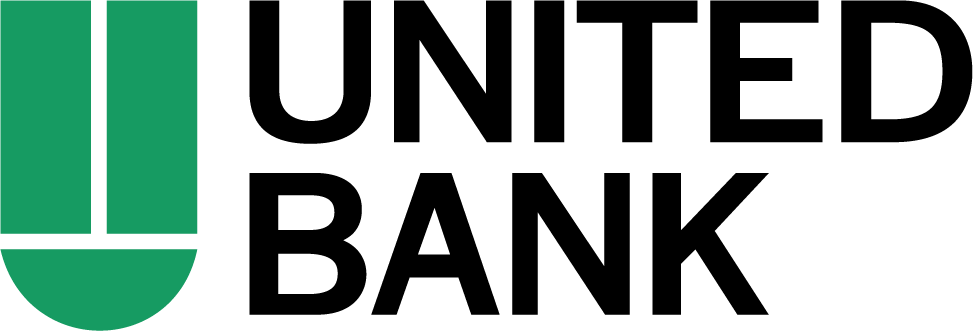- Asset: An asset is any resource (tangible or intangible, owned or controlled) that holds value. In other words, assets contain value that can be converted into money. An individual, company, or country can own or control assets, which include things like cash, investments, art, technology, real estate, and intellectual property.
- Money Market Account: What is a money market account? In simple terms, it’s a deposit account that blends features of a savings account and a checking account. You can deposit money and earn interest on the balance. If you need to withdraw money, you may be able to do so using a linked ATM card or by writing checks. But those withdrawals are not unlimited; banks can still cap you at six withdrawals per month. Also known as MMAs, these accounts are not to be confused with money market funds, a kind of mutual fund.
- Emergency fund: An emergency fund is money set aside for big, unexpected expenses such as job loss or large medical bills. It provides a financial buffer that shields against accruing unwanted debt.
- Certificate of Deposit: A certificate of deposit (CD) is a time deposit savings account. When you open a certificate of deposit, you add money to the account and agree to leave it there for a certain amount of time, known as the term. The bank pays interest while your money is in the CD and when it matures (or reaches the end of the term), you can withdraw the initial deposit and the interest earned. A CD is not the same as a regular savings account or a high yield savings account. With savings accounts, you can generally withdraw money up to six times each month or possibly more without any penalty. You’re not locked in the way you are with a CD.
- Investing: Investing money means putting it into the market or other vehicles in the hopes that it will grow in value. Investing money is not the same thing as saving it. When you save money, you might park it in a savings account, CD account, or money market account. There’s virtually no risk of losing money, especially if your bank is FDIC insured. When you invest money, however, you’re using it to buy stocks, mutual funds, real estate, cryptocurrency, and other investments. You can potentially get a much higher rate of return with investing vs. saving, but you’re usually taking more risk. And if an investment doesn’t pan out, you could lose money instead of growing it.
- Inflation: Inflation is a rise in prices for consumer goods and services over time. In the United States, inflation is generally measured by the Consumer Price Index (CPI). When inflation rises, the things you spend money on everyday cost more. Understanding inflation is important for managing your budget but it can also affect how you invest your money.
- Interest: Interest is the percentage of a loan principal that lenders charge borrowers. There are two primary kinds of interest: simple interest and compound interest. Simple interest is calculated exclusively on the initial amount of money borrowed, while compound interest is calculated based on the loan principal plus the interest that accumulates each period.
- Principal: Principal is the amount of money due on a loan before interest.
- Credit score: A credit score is a three-digit number that represents how likely a borrower is to repay a debt. It is calculated based on the information in a borrower’s credit report and ranges from 300 to 850. Borrowers with higher scores are viewed as more likely to repay debt obligations and are thus more likely to be approved for credit and receive lower interest rates.
- Time value of money (TVM): is the concept that money available now is worth more than an identical amount in the future. This is because money that’s invested has the potential to grow, and the longer that it’s invested, the more it will appreciate. Money that’s acquired later has less time to grow through investments and is thus considered less valuable.
